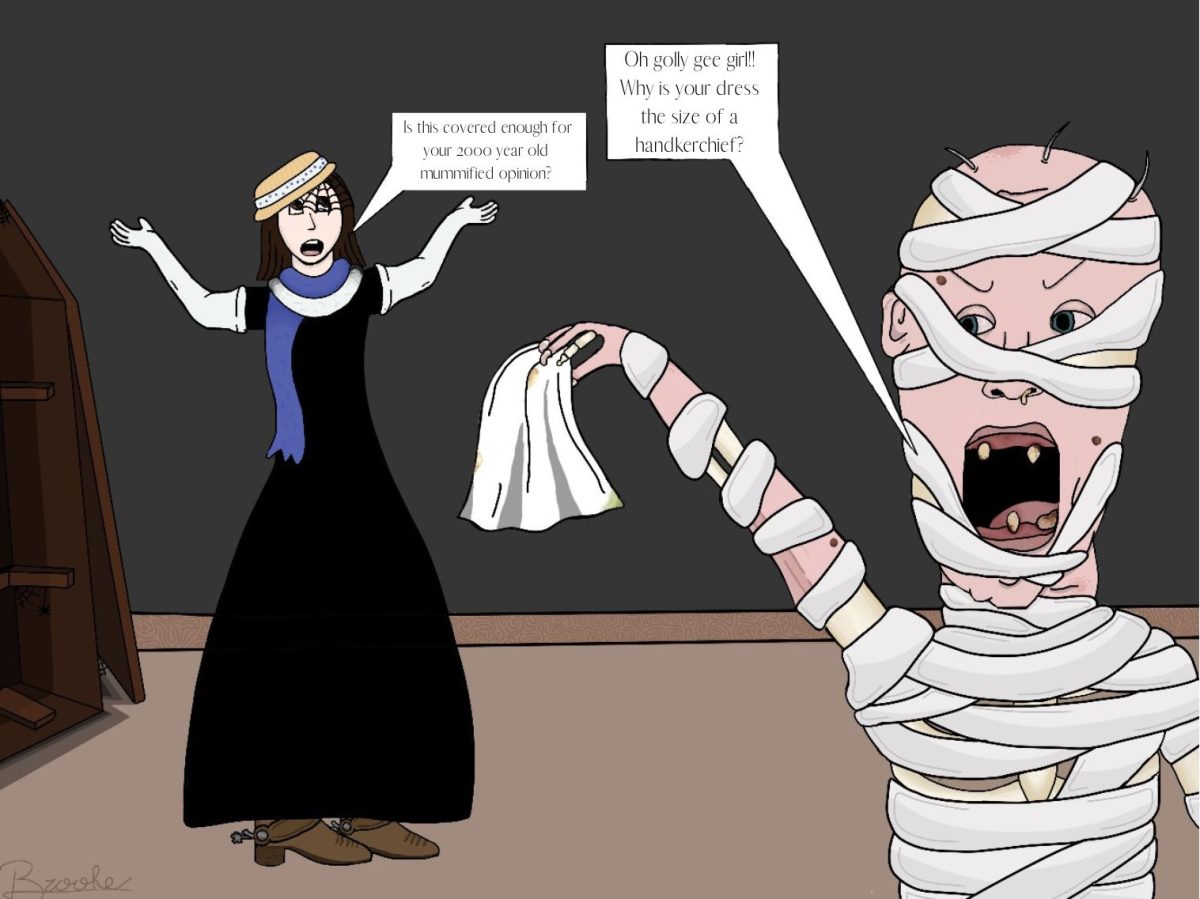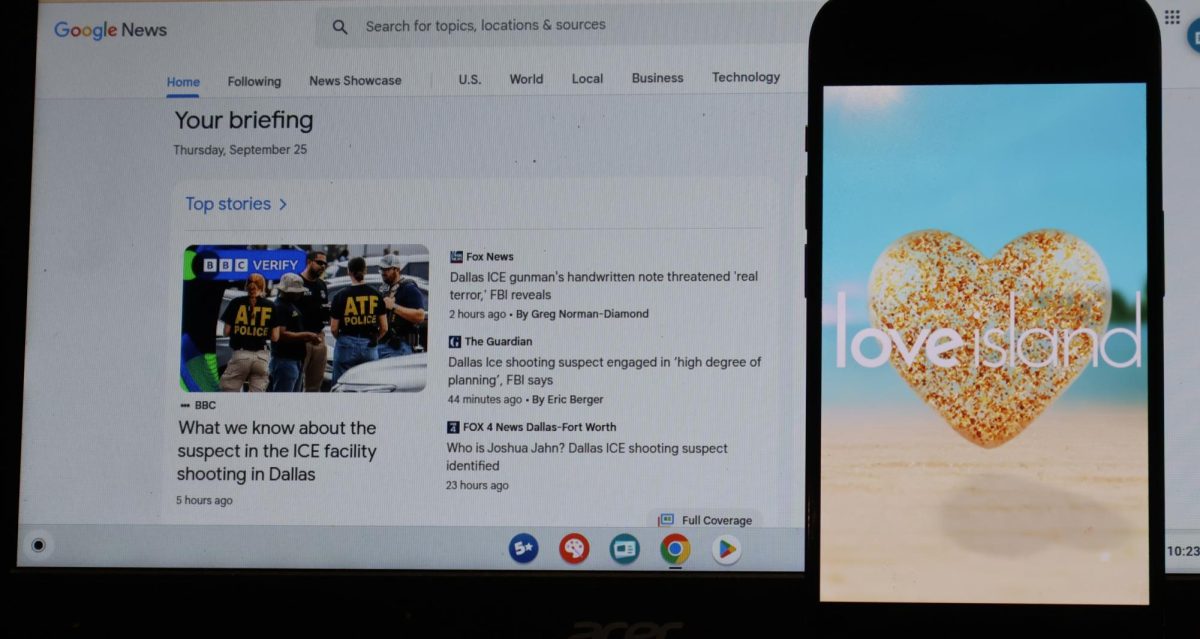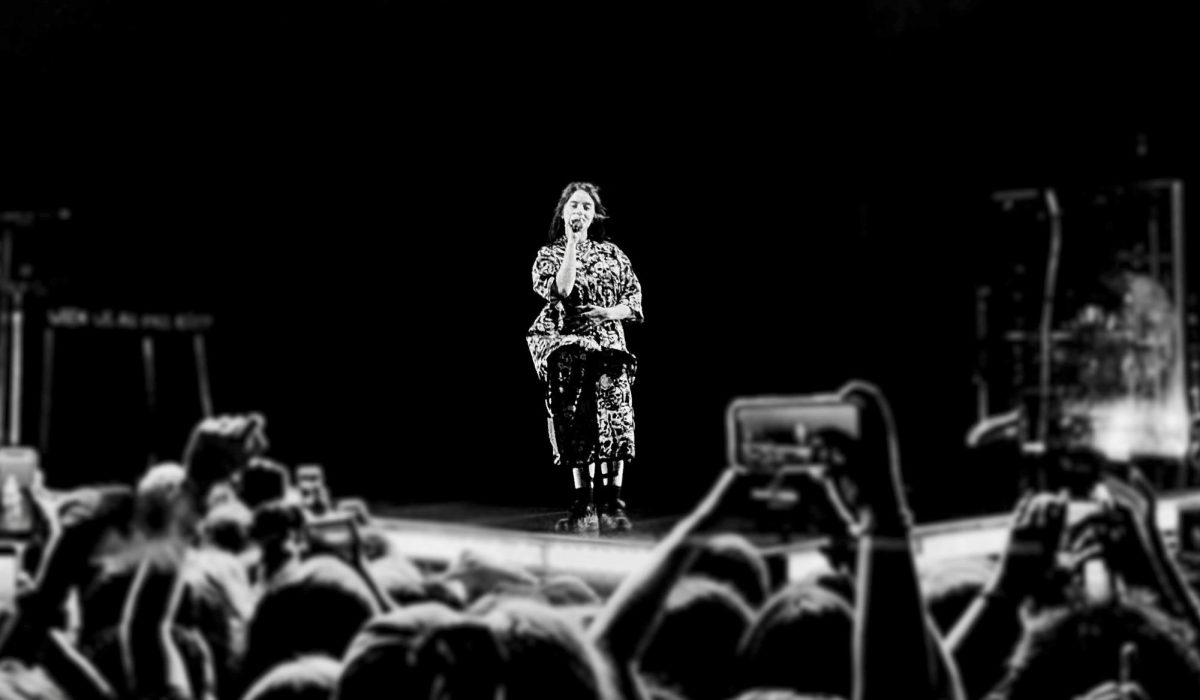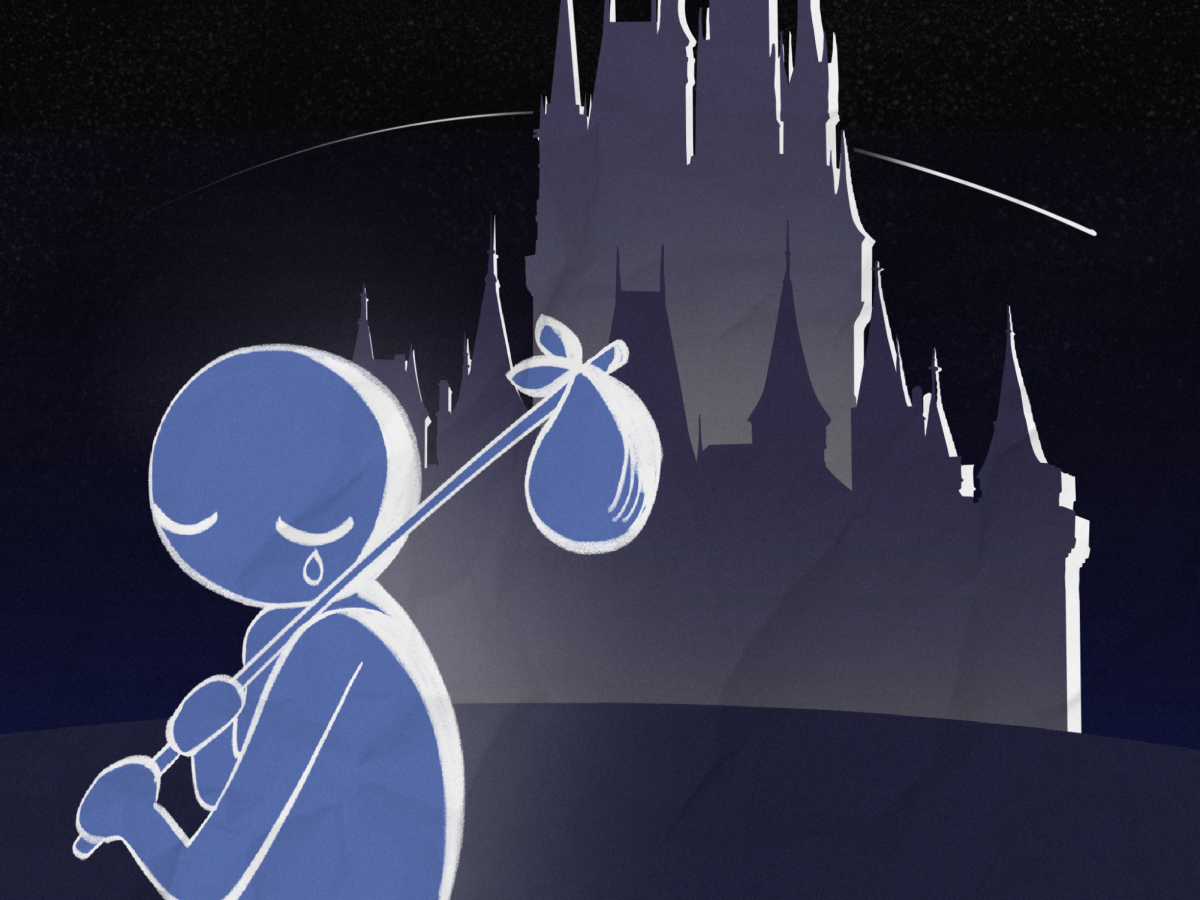The fight for feminism has existed for centuries. From the 1800s when Susan B. Anthony was fighting for women’s suffrage, to the late 2010s when the #MeToo Movement was spreading awareness on sexual harassment against women, feminists have fought to make the world more livable for the female population. And for the most part, they’ve largely been successful. The ratification of the 19th Amendment, giving women the right to vote, and the incorporation of women into major political roles, have helped integrate women into American society more than ever before.
Yet, whenever it feels like we’ve taken a step forward, it also feels like there’s an opposing group pulling it two steps back. Pushback against feminist ideals has become more apparent in recent years. A survey states that only 61 percent of Gen-Z women identify as feminists, while Gen-Z men fall even lower at 43 percent. This is a decrease from the 52 percent of millennial men who are self proclaimed feminists. For a title that’s supposed to proudly champion gender equality, these numbers are awfully low.
I’ve noticed that people have become hesitant to advocate for feminism, or, at the very least, roll their eyes when someone describes themselves as a feminist. Ultimately, I believe this negative shift towards feminism can be placed under two umbrellas: men are being ignorant, and men are being challenged.
MEN ARE BEING IGNORANT:
We’ve long lost the true definition of feminism. With catchphrases like “all men are bad” and “I would choose a bear over a man” popping up online, it’s safe to say that men have jumped to conclusions about feminists and their beliefs. Hashtags such as #NotAllMen have even surfaced to combat the allegations connecting men with harassment. Albeit, this has now backfired as feminists have started using it in satirical manners, but that hasn’t stopped men from firing at women who hate men. Because that’s what feminism means, right?
The truth of the matter is, the goal of feminism has never been to label men as a lesser being to women. In her speech at the Seneca Falls Convention in 1848, feminist figure Elizabeth Cady Stanton said “We have met to uplift woman’s fallen divinity upon an even pedestal with man’s.” Since the beginning, this is what feminism has revolved around: promoting gender equality. It’s about uplifting women so they’re equal to men socially, economically, and politically.
I think men have misinterpreted feminism as misandry: the prejudice, or hatred, of men. I don’t exactly fault men for believing this; I too would feel offended if a woman implied I was sexist and disrespectful. But I think men should stop and do a quick Google search on what feminism really means before pulling out their pitchforks.
MEN ARE BEING CHALLENGED:
I think the rise of feminism makes men uncomfortable.
In a world where men have constantly reigned superior, the victories and successes of women—along with their active celebration of these achievements—have intimidated and infuriated them. This isn’t a new development whatsoever, but with more women succeeding, this has become more apparent.
Online influencers have played a major part in the aggression against feminists, especially within the Gen-Z audience. The most infamous figure is Andrew Tate, a self proclaimed misogynist. He’s become a leader in the “manosphere,” a network of online communities promoting everything that feminism goes against, ranging from advocating for the continuation of male supremacy, to the previously mentioned misandry accusations.
So to combat the recent successes of feminism, men have chosen the shame route: make feminists feel embarrassed about themselves. They talk about feminists the same way we talk about vegans or long distance runners—they’re too “cringe” and “over the top” about their respective interests. But of course, when men worship Tate and his so-called “alpha male” lifestyle, nobody bats an eye (except for women, and the occasional non-brainwashed man). They accuse feminists of steering society towards a female-dominated matriarchy, when in actuality, all we want is an equal chance. Many male anti-feminists will never describe themselves as sexist or misogynist, but will do every action and say every word possible to earn those labels.
History has proven time and time again that the only way to make change in this world is to speak up. If we let anti-feminists trample us and we become more fearful to voice our opinions, there’s the possibility of feminism dying out. And ultimately, if men were the ones who gave us the right to vote in 1920, the feminist movement still needs the support of men to carry out our goals. Perhaps instead of rolling their eyes at the mere thought of somebody describing themselves as a feminist, men should instead open their eyes at what feminism really represents.

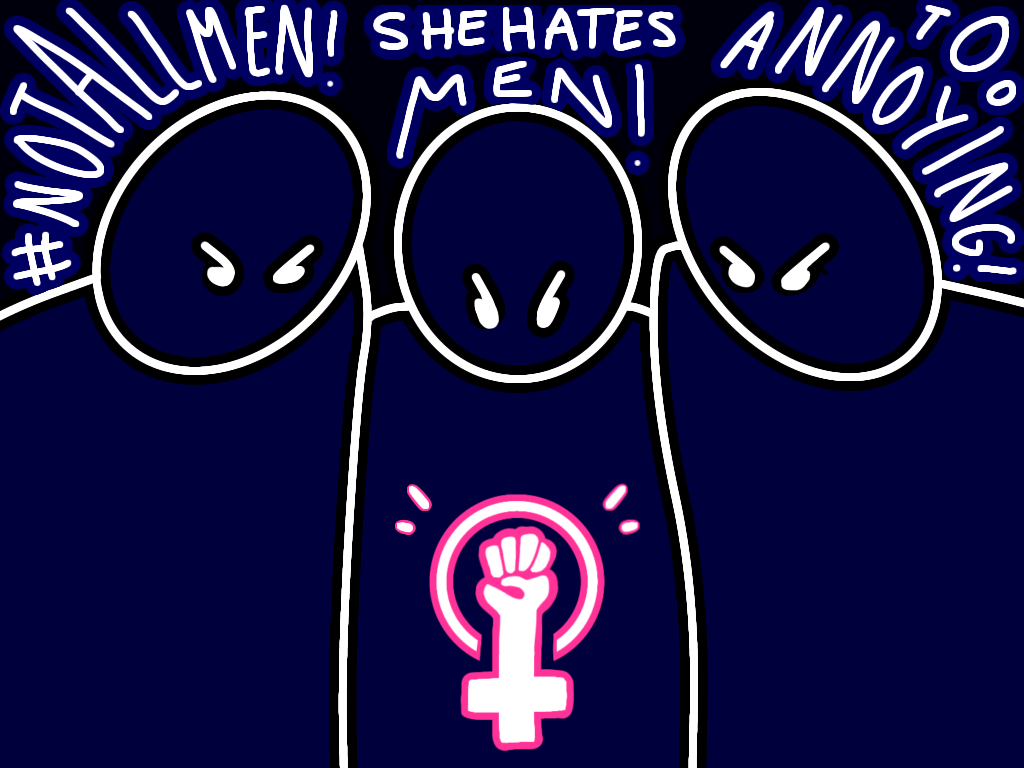

![Practicing the basic skills of nursing, sophomore Natalia Yancey gets her heartbeat checked with a stethoscope. Sophomore nursing students reviewed skills from freshman year. “I’ve always wanted to be in the medical field; it’s been my dream forever,” Yancey said. “Doing [practice skills] so early on is not only an amazing opportunity, but it helps me to prepare for my future.”](https://southwestshadow.com/wp-content/uploads/2025/10/IMG_9843-1200x800.jpg)



